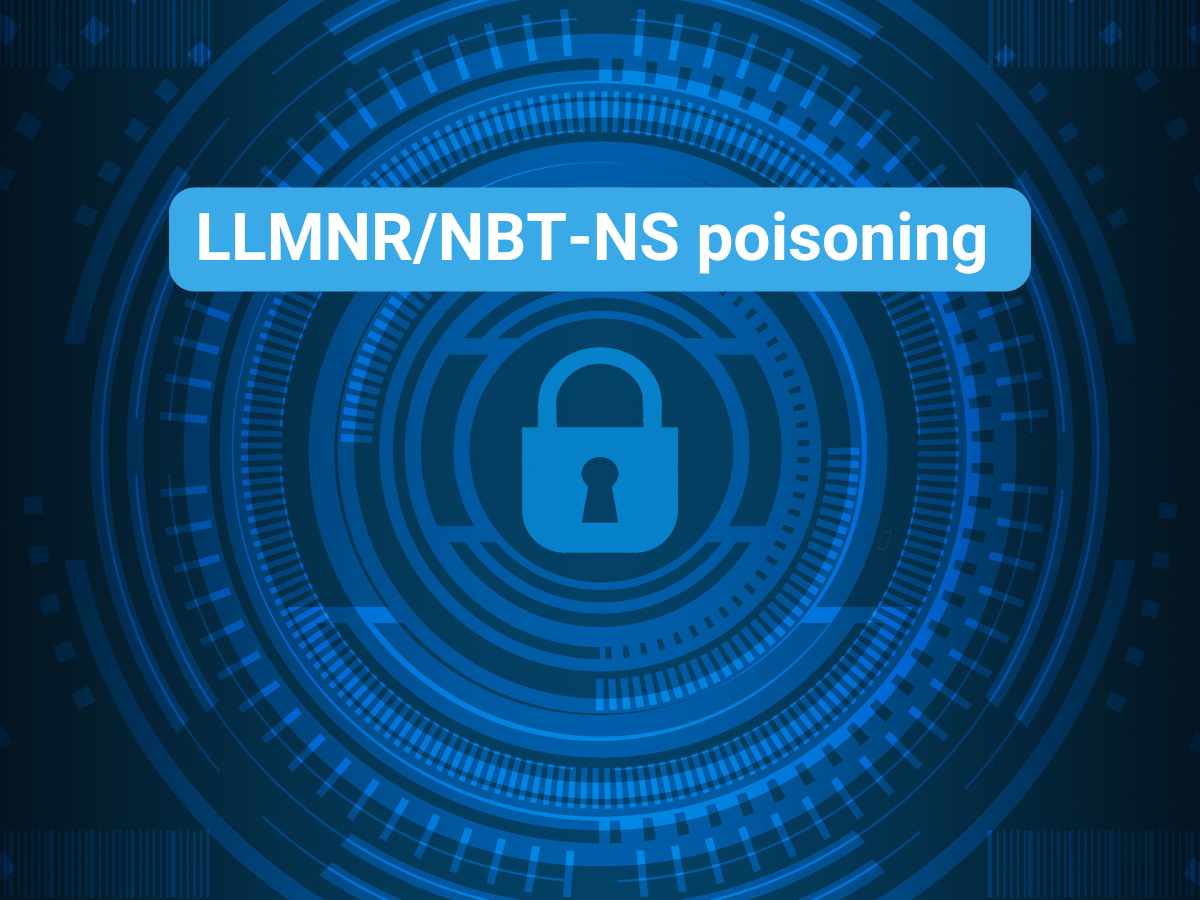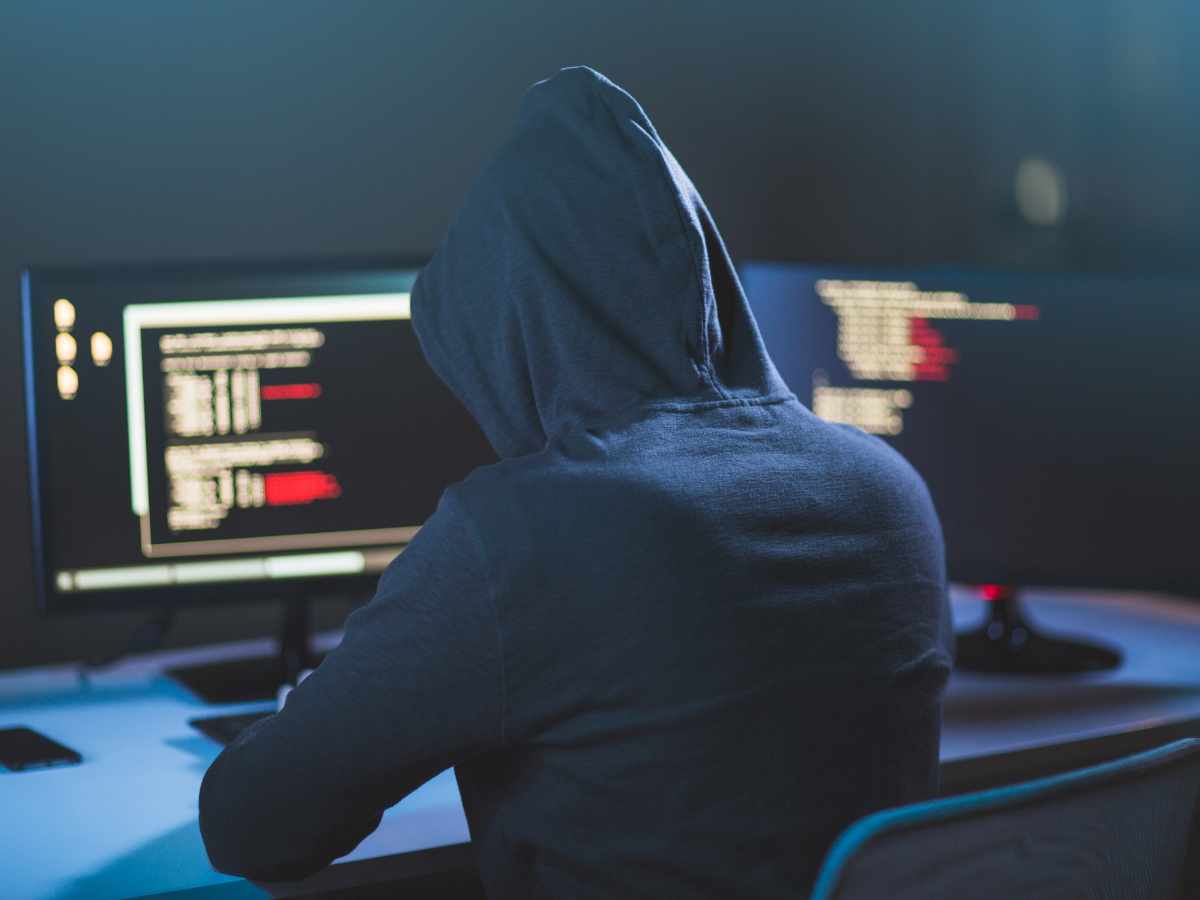Truth Behind Face Recognition and bio-metrics safety
Face recognition firm Outabox, which is based in Australia, has made a jaw-dropping disclosure that discloses the many dangers of handing over biometric information to businesses. The breach of Outabox, which impacts bars and clubs across Australia, has published facial recognition biometrics, scans of driver’s licenses, and club enrollment data. Outabox’s facial recognition kiosks had been created as a safety measure for COVID-19 but had developed into a surveillance system to identify self-excluded gamblers.
Eventually, though, lax internal controls caused the leakage of confidential information and, as a result, the appearance of a website known as “Have I Been Outboxed,” asserting the possession of over a million jeopardized records. Privacy advocates, such as Samantha Floreani from Digital Rights Watch, pronounce the breakage as an unmistakable example of the threat of invasive surveillance technologies. In this way, the situation is not only under threat due to the violation of privacy but is affected by the illegal exploitation of biometric data for crime.
Amidst the unfolding chaos, Outabox is grappling with the fallout, collaborating with law enforcement agencies in a bid to contain the damage. Meanwhile, the New South Wales police force has made an arrest in connection with the breach, underscoring the severity of the situation.
The breach serves as a cautionary tale, prompting calls for stringent privacy reforms and heightened scrutiny over the proliferation of facial recognition systems. As the debate over data sovereignty and offshore labor intensifies, cybersecurity experts warn of the grave repercussions of mishandling sensitive biometric information.
Ultimately, the Outabox breach underscores the pressing need for robust regulations and ethical frameworks to safeguard individuals’ privacy in an increasingly digitized world. The lesson is clear: while facial recognition technology may offer convenience, its unchecked proliferation poses grave risks to our fundamental rights and freedoms.






